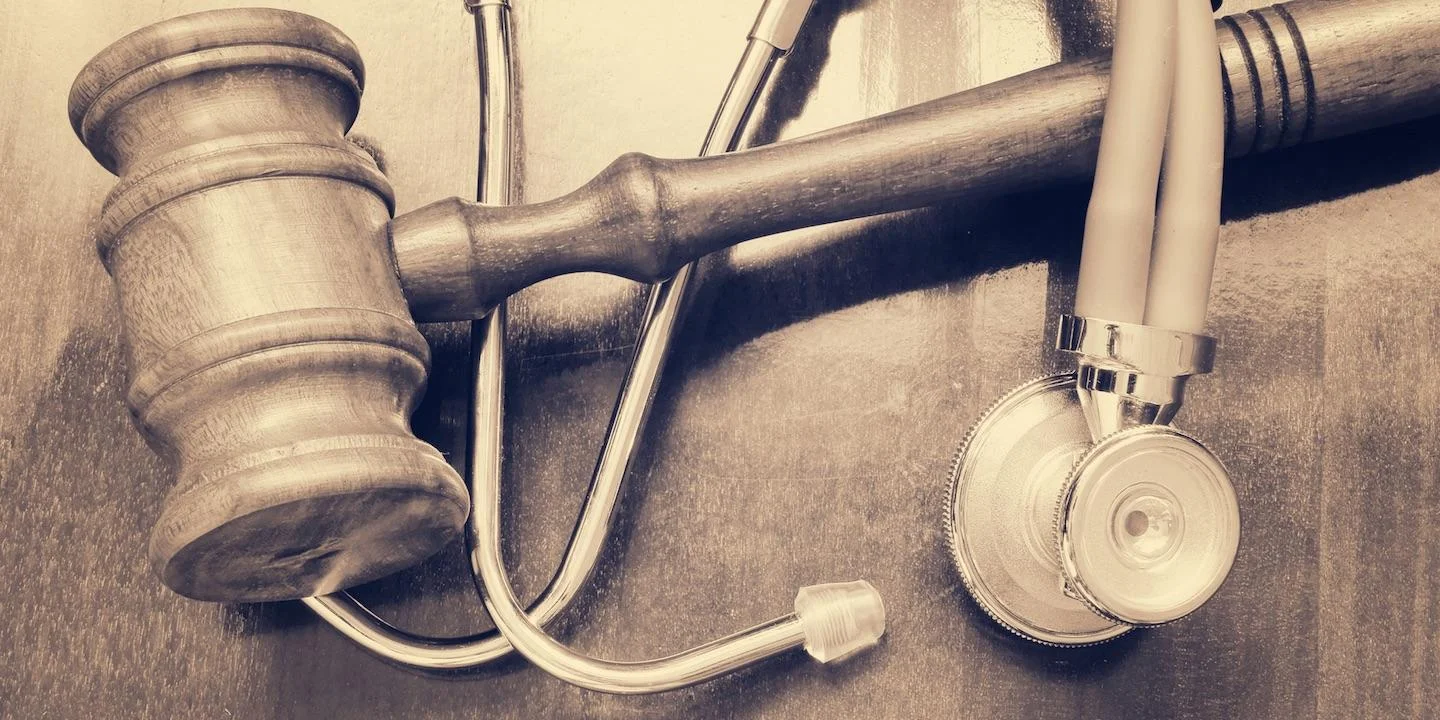A series of lawsuits are being filed after claims by several Louisiana prison inmates that severely ill prisoners have died because their Hepatitis C was left untreated.
According to The Advocate, one lawsuit names three inmates as plaintiffs, all of whom are currently alive but allegedly watched their fellow inmates die in prison. The suit states that a treatment was available for the disease, but Joseph Long, the lawyer representing the plaintiffs, believes that the high price of the treatment is the reason that it was not administered to the inmates.
A law professor at the University of Loyola has commented on whether or not the prison should be held responsible for the deaths.

William Quigley
| Photo courtesy of Loyola University New Orleans
"The Supreme Court ruled 40 years ago that 'deliberate indifference' to the medical needs of prisoners is unconstitutionally cruel and unusual punishment," William Quigley told Louisiana Record.
Quigley explained that prisoners are at a distinct disadvantage because they are at the mercy of administrators as to whatever treatments are made available to them.
"Prisoners do not have options for medical treatment. They have to take what they are given," Quigley said. "This means the prison has to first know the prisoner has a serious medical issue and, second, not provide adequate treatment."
A new treatment for Hepatitis C was federally approved from 2014-2016, but the drug was not yet given to prisoners, leading to the death of 15 inmates of Louisiana state prisons due to complications from Hep C. From 2017 -2018, the treatment was given to patients who suffered from the worst cases of the disease, but 10 of those inmates still died at the Elayn Hunt prison.
The new treatment for Hepatitis C is over 95-percent effective, while the previous treatment method was only 50-percent effective at treating the disease, a factor that Quigley believes will weigh heavily into the jury's decision of the case.
"This is clearly a serious medical issue which was known by the prison. The issue for the jury is going to be whether the treatment was adequate or not," Quigley said. "If the prisoner can show there was life-saving medical treatment available but not given, that sounds like a pretty strong case."
